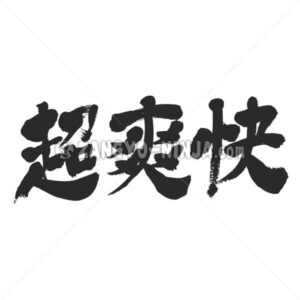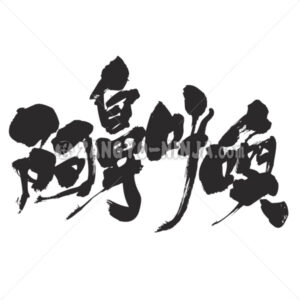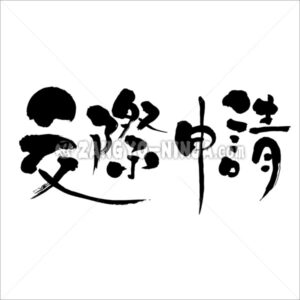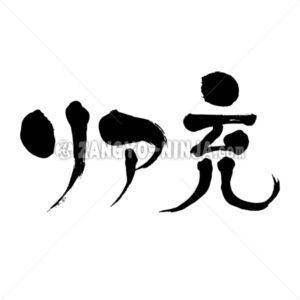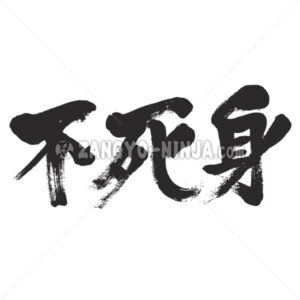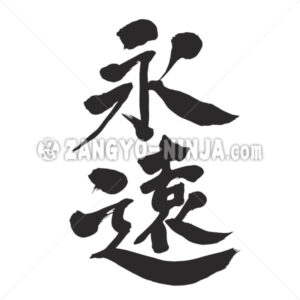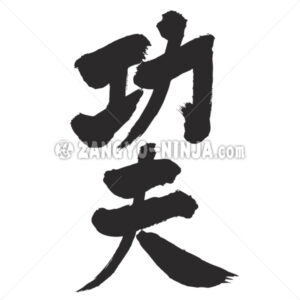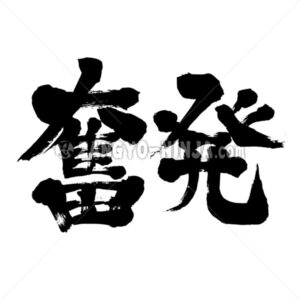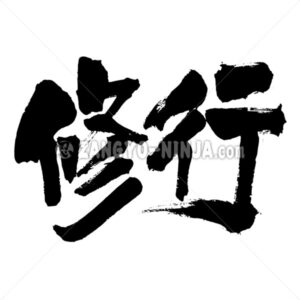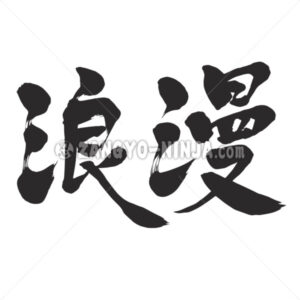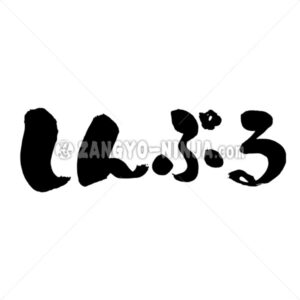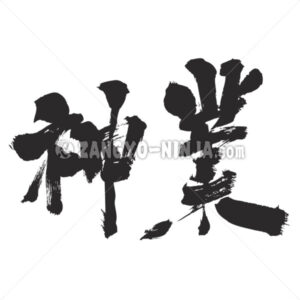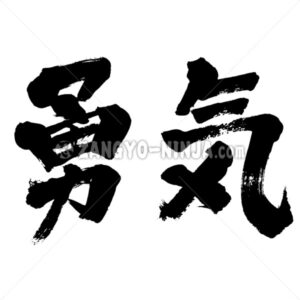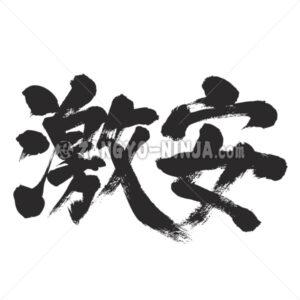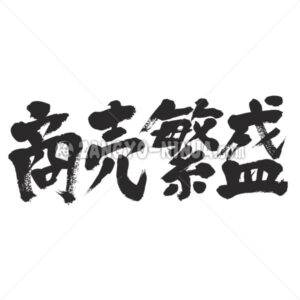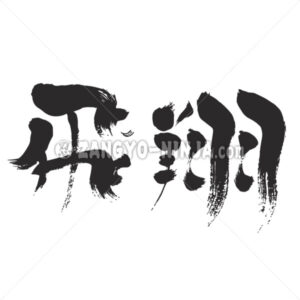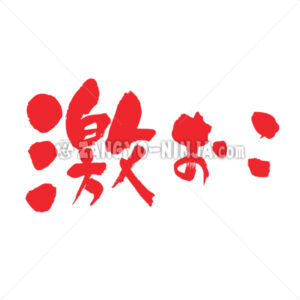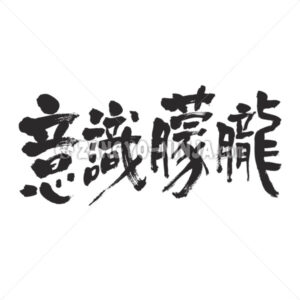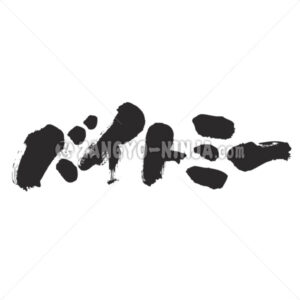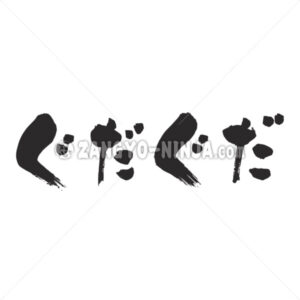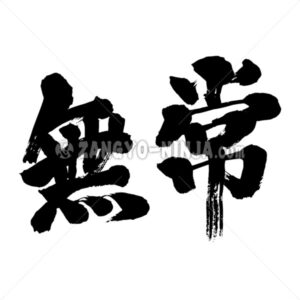
Buddhist language. Everything has changed, and it is not a permanent residence. Everything in this world changes quickly and does not stay in the same state for a while. Especially the ephemeral nature of life. Don’t know when you will die. Japanese says “Mu Jou”.
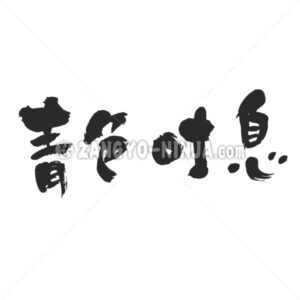
An unsatisfactory sigh when you are in very troubled or extremely painful. It also refers to the state at such time. When you have a lot of hard work and hard work, you are exhausted from your body and mind, and you have a hard time breathing. Japan call “Ai iro to iki”.
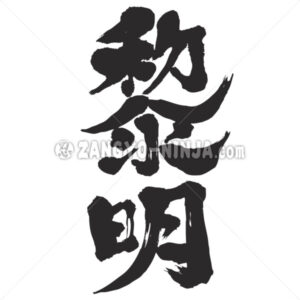
1. When the dawn was about to get into the morning. 2. When things are about to start. When a new culture is about to happen. Japan call “Rei mei”.
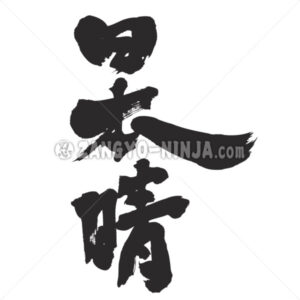
1. It is clear without a little cloud. 2. There is no doubt or anxiety, and feeling is clear. Japan call “Ni hon bare”.
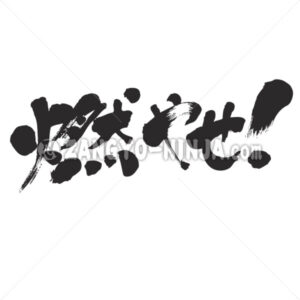
Order form of “burn”. To burn is to burn things etc. To uplift your mind and emotions. Japan call “Mo ya se” in Japanese Kanji and Hiragana.
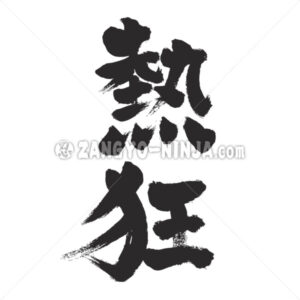
a sudden outburst. overflowing with eager enjoyment or approval. a lively interest. keen and shared excitement. the feeling of lively and cheerful joy. a feeling of excitement. Japan call “Nekkyo”.
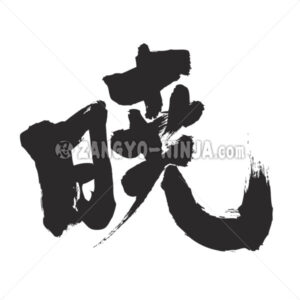
1. The darkest days before the rising sun. In the old days, it is the time from half past to half of the night. dawn, daybreak. 2. Clearly understand.
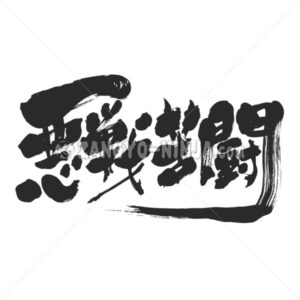
Make an effort with all your heart while suffering in a very difficult time. It is said that it is difficult to fight against a strong enemy and fight painfully. Japanese says “Aku sen ku to”.
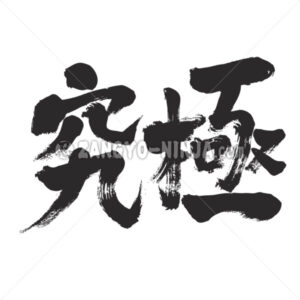
To get something done. Also, where to reach the end in that way. Keeping things in order and deciding. Also, its final destination. Japanese says “Kyu kyoku”.
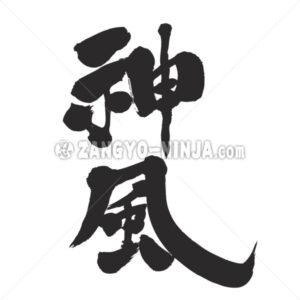
1. Wind that blows down with the power of God. A storm that overturned a former ship at the time of Genko. 2. Special attack party. An attack corps formed by the Great Japanese Imperial Navy in World War II, consisting of an attack corps and a team directly responsible for asylum and confirmation … Read More
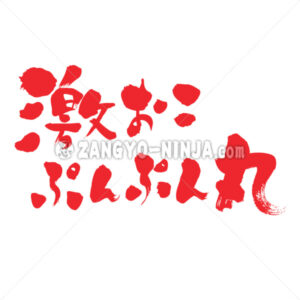
This is a coined word that has become popular among young people in Japan in recent years. This mean very angry, I’m so angry in combined Japanese Kanji and Hiragana. Japanese calls “Geki o ko pu n pu n maru”.
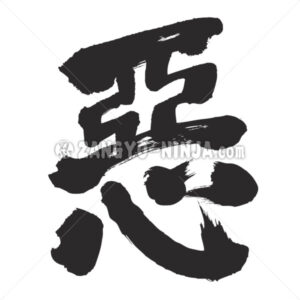
1. Incorrect. not good. Immorality. Also, be against the law. 2. ugly. unpleasant. Discordant. Inappropriate. In a general sense, it is the opposite or lack of good. It can be a very broad concept, but in everyday use it often expresses deep wickedness in a narrower range. The word “悪” in Japanese was originally … Read More
